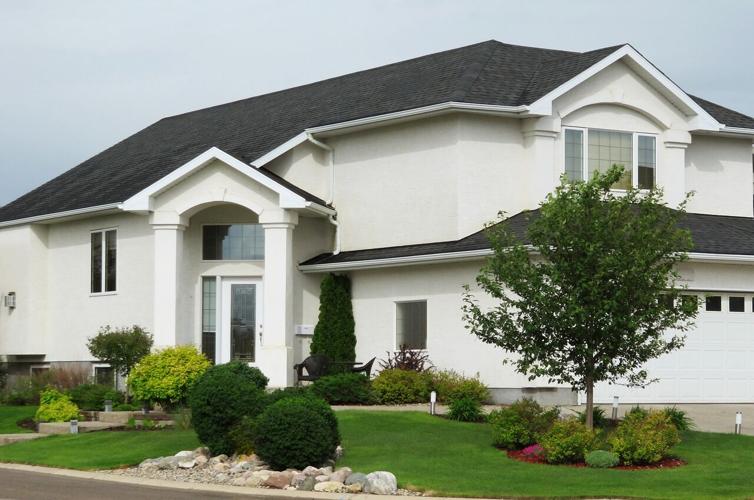
After wading through the insurance process, I found myself facing another complex task: determining the true value of my fire-damaged home. It's a crucial step that can make or break your ability to sell. Let me share what I learned during this process, which might help you avoid some of the pitfalls I encountered.
Professional Appraisal: Why It's Crucial
When I first considered getting a professional appraisal, I balked at the cost. "I know my home better than anyone," I thought. "How hard can it be to estimate its value?" Oh, how naïve I was.
A professional appraisal is not just helpful; it's absolutely crucial. Here's why:
Expertise in assessing fire damage accurately
Ability to spot issues not immediately visible to the untrained eye
Provides an unbiased, third-party assessment of your property's value
Gives confidence in negotiations and helps avoid emotional pricing decisions
Often required by lenders before approving a mortgage on a fire-damaged property
In my case, the appraiser identified structural damage that I had completely overlooked. Having a professional appraisal gave me confidence in discussions and prepared me for potential buyers' financing needs.
Factors Affecting Fire-Damaged Property Value
As I went through the appraisal process, I learned that numerous factors can impact a fire-damaged property's value. Understanding these can help you set realistic expectations:
Extent of the damage: The severity of fire damage, smoke damage, water damage from firefighting efforts, and structural issues all play a role.
Age and condition of the property before the fire: Newer homes or those in excellent condition prior to the fire might retain more of their value, as they're often easier to restore.
Location: Even with fire damage, a property in a desirable area may hold its value better than one in a less sought-after location.
Cost of repairs: The estimated cost to restore the property to its pre-fire condition significantly impacts its current value.
Market conditions: The overall real estate market in your area plays a role too. In a hot seller's market, even fire-damaged properties might command higher prices.
I was fortunate that my neighborhood was still in high demand, which helped offset some of the fire-related devaluation. However, in some cases, if repair costs exceed the property's potential post-repair value, it might be more valuable as a teardown.
Setting A Realistic Price
Armed with a professional appraisal and understanding of the factors affecting your property's value, it's time to set a price. This was one of the most challenging parts of the process for me, as it required balancing emotional attachment with market realities.
Start by considering these key figures:
The appraiser's assessment of your property's "as-is" value
Estimated cost of repairs
Potential "after-repair value" (ARV)
These three figures will give you a range to work with. Next, research recent sales of both fire-damaged and non-damaged properties in your area. This will give you a sense of what buyers are willing to pay. I spent hours on real estate websites and even attended a few open houses to get a feel for the market.
When setting your price, be realistic. It's tempting to price high, thinking you can always come down later. However, overpricing can lead to your property sitting on the market, which often results in even lower offers down the line. I initially listed my home too high and had to reduce the price twice before getting serious offers.
Consider your goals as well:
Are you looking for a quick sale, or do you have time to wait for the right offer?
Are you willing to do some repairs to increase the sale price, or do you prefer to sell as-is?

Your answers to these questions should influence your pricing strategy. Remember, pricing a fire-damaged property is as much an art as it is a science. Be prepared to adjust your price based on market feedback. It took me a few weeks to find the sweet spot where buyers started showing genuine interest.
Take comfort in knowing that you've made significant progress in achieving a successful sale by understanding your property's true value in its current state. With this knowledge, you're well-prepared to handle the challenges of selling a fire-damaged property and move forward with confidence.



(0) comments
We welcome your comments
Log In
Post a comment as Guest
Keep it Clean. Please avoid obscene, vulgar, lewd, racist or sexually-oriented language.
PLEASE TURN OFF YOUR CAPS LOCK.
Don't Threaten. Threats of harming another person will not be tolerated.
Be Truthful. Don't knowingly lie about anyone or anything.
Be Nice. No racism, sexism or any sort of -ism that is degrading to another person.
Be Proactive. Use the 'Report' link on each comment to let us know of abusive posts.
Share with Us. We'd love to hear eyewitness accounts, the history behind an article.